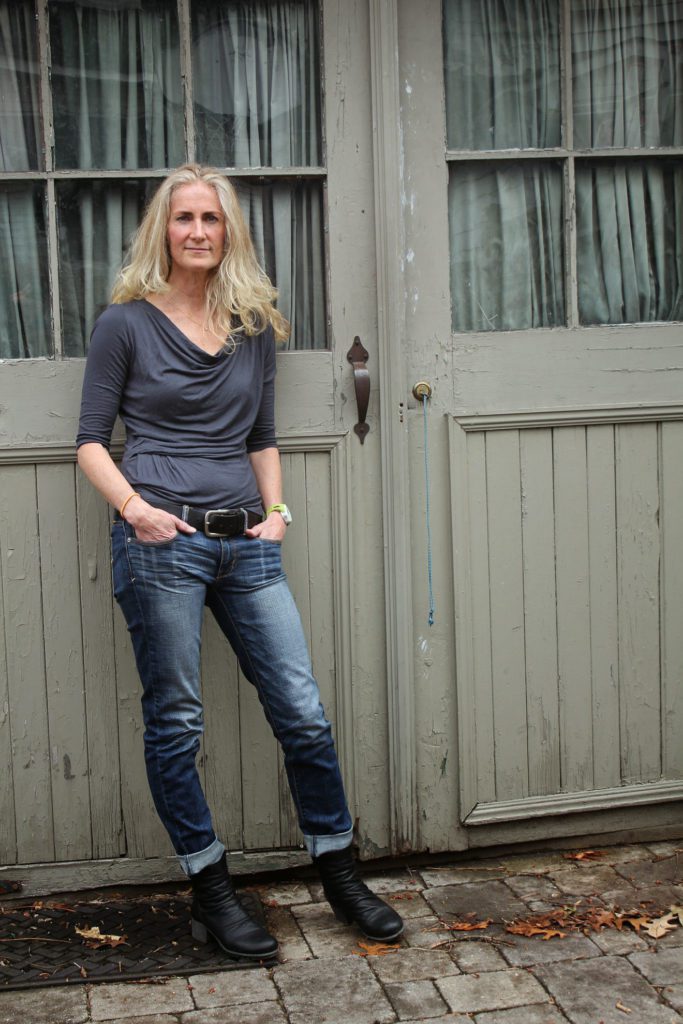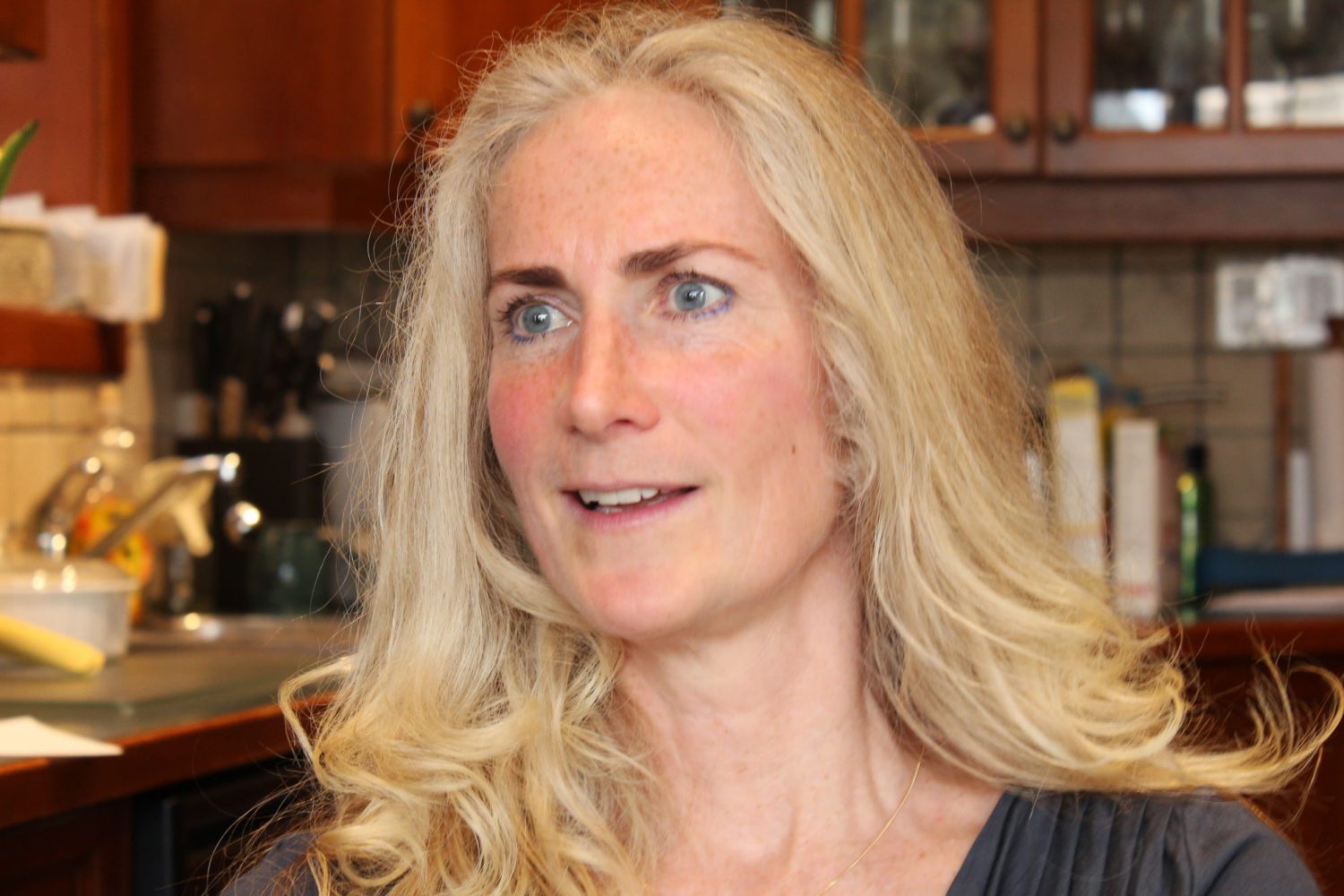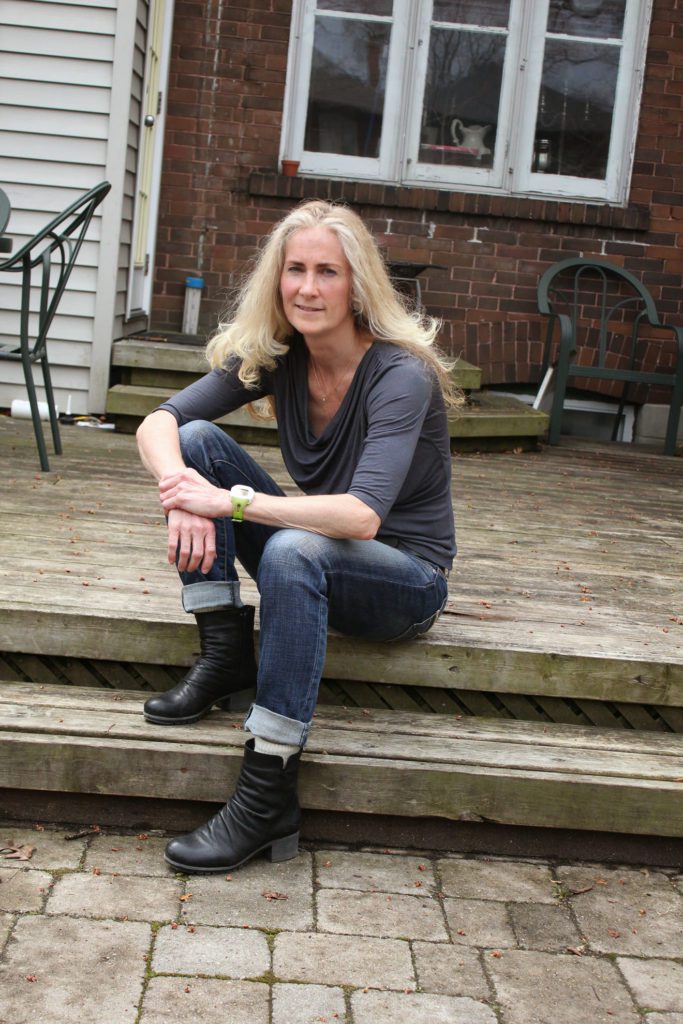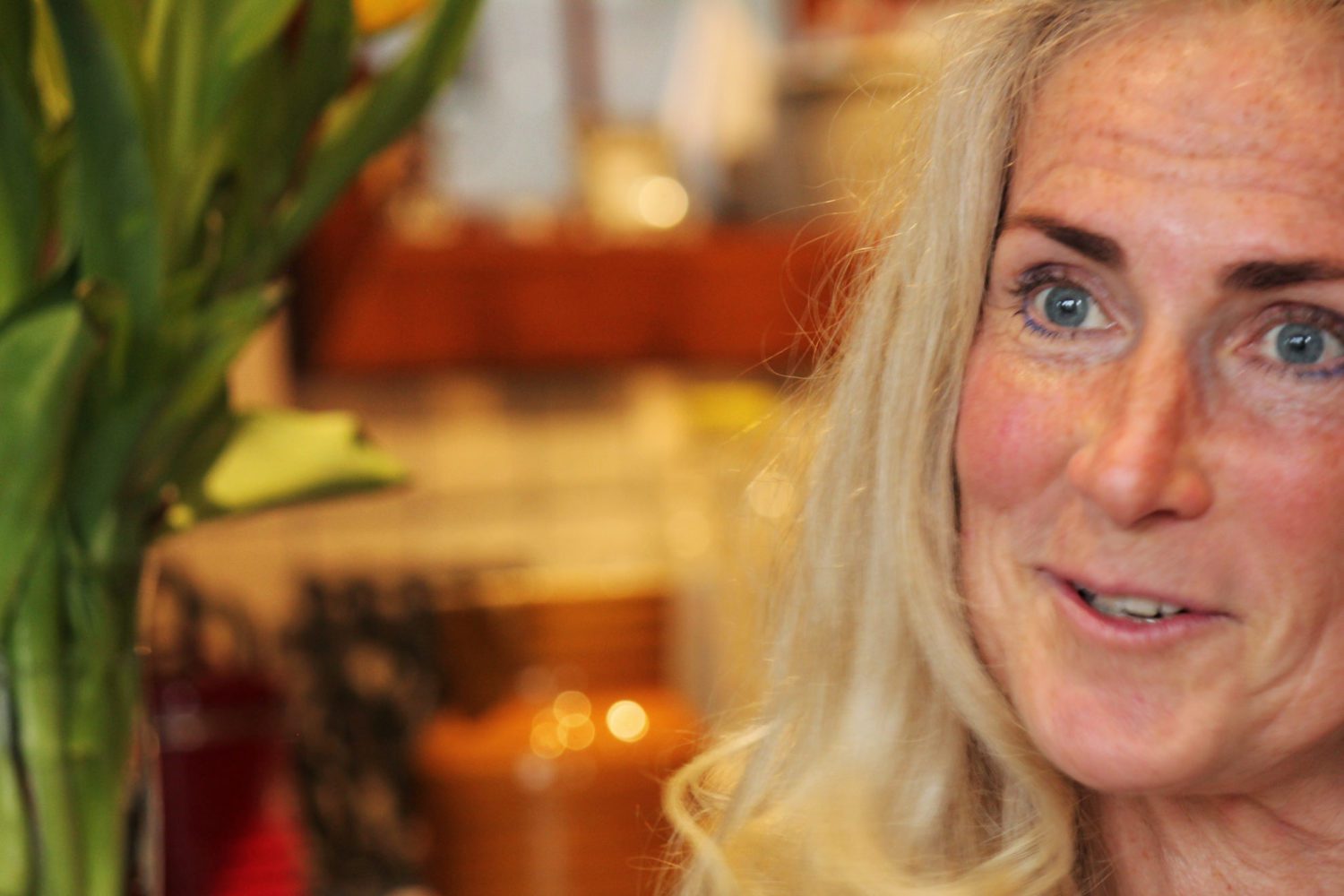Marg’s friend Suzanne has cancer and was admitted to a palliative care unit. Marg helped her friend through her time at the hospital and her surprising return home. Click here to read Suzanne’s story.
“My close friend Sue was diagnosed with advanced cancer last year.”
“The Friday after Suzanne was told she was terminal, I was at her bedside at the hospital when someone called and said ‘I finally have your pain specialist appointment.’ I said ‘Oh good, because my friend is in a lot of pain.’ She said ‘It is for April 20th’. (This was January 16th). I thought ‘Okay, I don’t want to take my frustration and anger out on someone who doesn’t know the whole story.’ I was about to tell her when Sue, through her vomiting, said ‘Tell her I can’t make it because I will probably be dead by then.'”

“When she was admitted to the hospital I remember going out to the nursing station several times and asking questions about, for example, the nausea drugs. Sue knew she needed her nausea medication before the morphine, otherwise she would throw up. And I am thinking Why do I have to tell you this? Shouldn’t you know this? When someone goes off shift and someone comes on – isn’t there a chart where you write things down and you can pick up and say ‘Okay, this is the plan for this patient.’ They seemed to be asking us what the plan was, or they would make errors. I thought ‘There is mismanagement going on, or miscommunication.’ I remember one nurse said she was covering so many patients and I thought ‘Okay she can’t cope with the number of people that she is taking care of. Yet she is getting flack from me and other families.’ I found it frustrating that here you are getting annoyed at someone, but it isn’t helping them because they can’t do their job based on the resources they have.”

Her son was getting married in the summer, so he bumped his wedding up and got married in the chapel at the hospital.
“It was fantastic – there was so much support. It was a big event. A whole respirology team suiting her up with this Cadillac wheelchair with an oxygen tank on the back for her to be able to sit through the service and have her first dance. There was the emotional part of trying to find her something to wear when her whole body was swollen, a body she couldn’t even recognize. And the pain and emotion that came with that.”

“One day they told her, ‘you have days to a week left. On the outside, a week.'”
“That was, as you can imagine, a terrible, terrible day. She plays in a band, so music is a really important part of her life. She asked that her fiddle be brought to the hospital. Two friends who are in her band came in. This was two days after she was the lowest I’d ever seen her. One of her friends plays the guitar and had written a song for her called My Friend. Sue’s fiddle was on her bed. I was feeding her because she couldn’t lift a spoon. And somehow in the middle of the song Sue picked up her fiddle and started to play, started to harmonize with Wendy. I was shocked. How could she even hold that thing? It was unbelievable. It was so beautiful. Then they played the song Imagine together. It was like she was in a completely different space.”

“The next day her son started putting up posters around the hospital to come and watch them play on Sunday night. So I arrive and she says ‘Hi Margaret, How are you?’ I am looking at her, thinking ‘Who is this?’ Because when I left her she had days left to live. She was still pretty labored; she was still on 80% oxygen. But, she wanted to put her skirt and make up on so she’d be ‘performance ready’ to host her first concert at the hospital. Some of her friends from the Georgetown pub arrived with their violins and she was hosting a music concert in the common room. It was unbelievable. She went through four tanks of oxygen. Her nurses came and gave her meds as she played. There must have been 20 or 30 people there. All the doors were open on the palliative care floor. She was healing everybody on the floor from what I saw, not only herself. She just continued to play her music. She had her first chemo treatment and she was taking requests off the 17th floor. She played her fiddle through two hours of the six hour drip. And her cancer started to get better.”
To me she brought a whole new meaning to the term palliative.
“There is so much life still on the palliative care floor. It’s not a place where you go to die. It should be a place where you still go to live. I think that’s what she was pulling out in other families and patients. If you are here, make the best of it. If you have been told you have this much time, it can’t do any harm.”


The comments section is closed.